The United Kingdom is a land steeped in history, with traditions and quirks that can seem baffling to outsiders. What’s considered perfectly normal in the U.K. often leaves visitors scratching their heads. From unique foods to curious customs, these everyday occurrences are a testament to the distinct character of British life.
If you’ve ever traveled to the U.K. or chatted with a Brit, you might have encountered a few things that made you do a double-take. Here are some of the most interesting British habits and norms that might seem downright strange anywhere else.
Enjoying Baked Beans For Breakfast
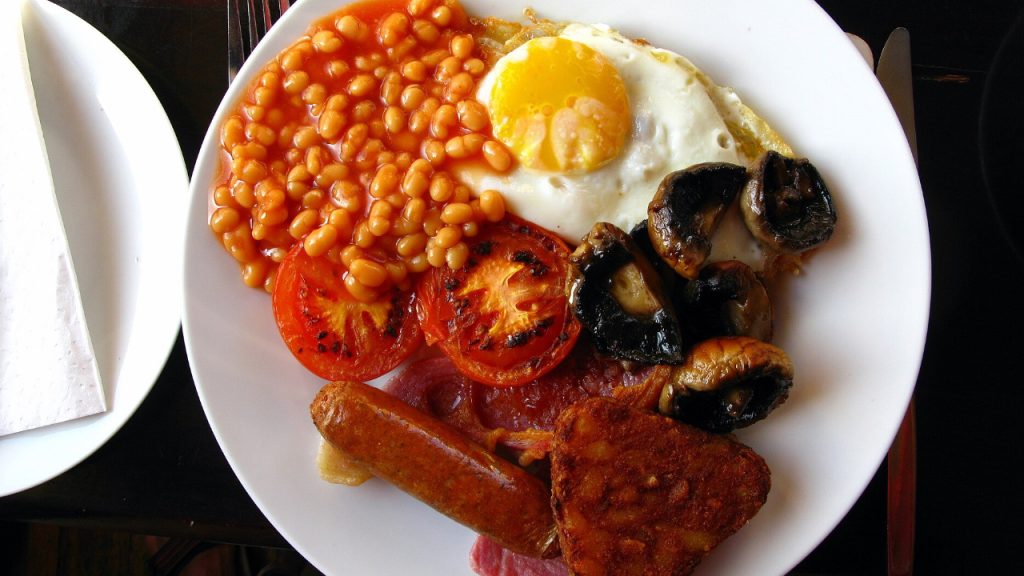
In the U.K., baked beans are a breakfast staple, typically served on toast or as part of a full English breakfast. This might seem odd to people from other countries where beans are usually reserved for lunch or dinner. However, Brits love their beans in the morning, believing they’re the perfect accompaniment to eggs, sausages, and bacon. The combination might sound unusual, but it’s a beloved tradition that has been enjoyed for generations.
Queuing With Utter Patience

Brits are famous for their love of queuing, and they do it with remarkable patience and politeness. Whether it’s waiting for a bus, entering a shop, or grabbing a coffee, queuing is an unwritten rule everyone follows. While in other countries, people might push ahead or be less organized, in the U.K., not respecting the queue can cause serious social disapproval. This love for orderly lines is so ingrained in British culture that any breach of the queuing etiquette is considered downright rude.
Driving On The Left Side Of The Road
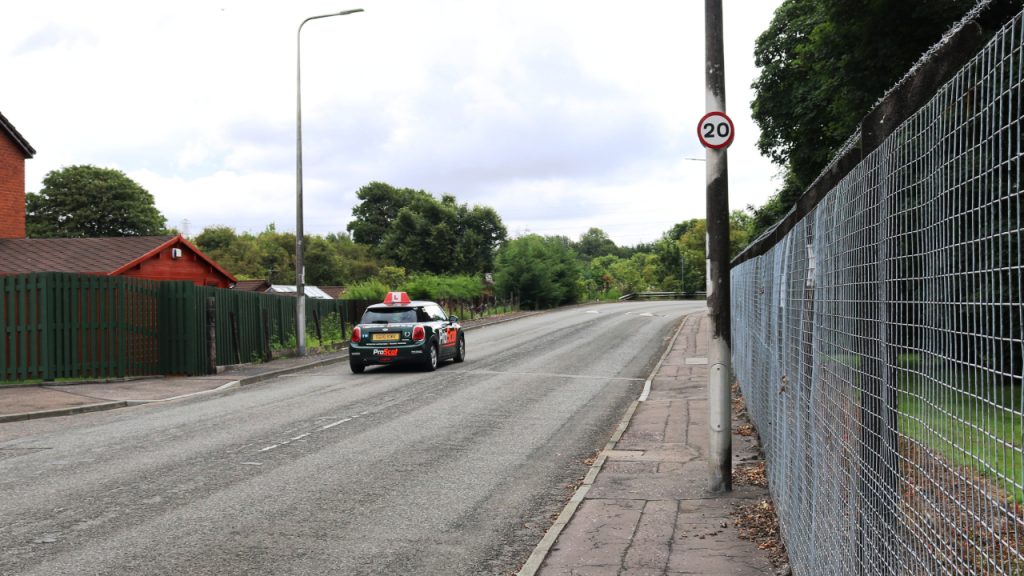
One of the most famous British quirks is driving on the left side of the road. While most of the world drives on the right, the U.K. sticks to the left, a tradition dating back to medieval times when knights preferred to keep their sword arm free to deal with oncoming threats. Although it might confuse international visitors, for Brits, it’s just the way things have always been. Visitors from countries where driving on the right is the norm might need a little extra concentration when navigating British roads.
Having Two Separate Taps For Hot And Cold Water

Many British bathrooms and kitchens have two separate taps—one for hot water and one for cold. This setup can be perplexing for people used to mixer taps, where the water temperature is blended before it comes out. The reason for this is partly historical; older British homes were built before mixer taps became standard, and the tradition stuck. So, while visitors might struggle to find the right temperature, Brits have mastered the art of quickly alternating between the two taps.
Celebrating Christmas With Crackers And Paper Crowns

A British Christmas wouldn’t be complete without pulling crackers at the dinner table. These festive items, which make a popping sound when pulled apart, contain small gifts, a joke, and a paper crown. Wearing these paper crowns during Christmas dinner is a cherished tradition in the U.K., but it can seem a bit odd to those who aren’t familiar with it. In other countries, Christmas dinner might be more formal, but in the U.K., the paper crown adds a playful, whimsical touch to the celebration.
Enjoying Puddings That Aren’t Always Sweet
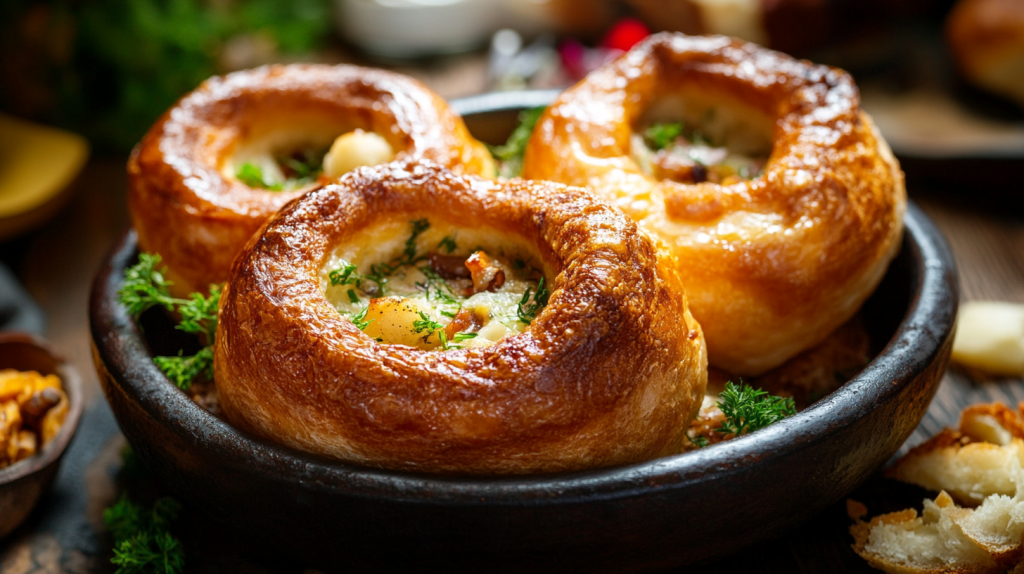
In the U.K., the word “pudding” doesn’t always refer to a sweet dessert. In fact, many traditional British puddings are savory. For example, Yorkshire pudding, which is a common accompaniment to a roast dinner, is more like a fluffy bread than a sweet treat. Another example is black pudding, a type of blood sausage. Visitors from other countries might find it odd that something called pudding isn’t necessarily sweet, but for Brits, it’s just part of their diverse culinary landscape.
Turning On The Kettle For Every Occasion
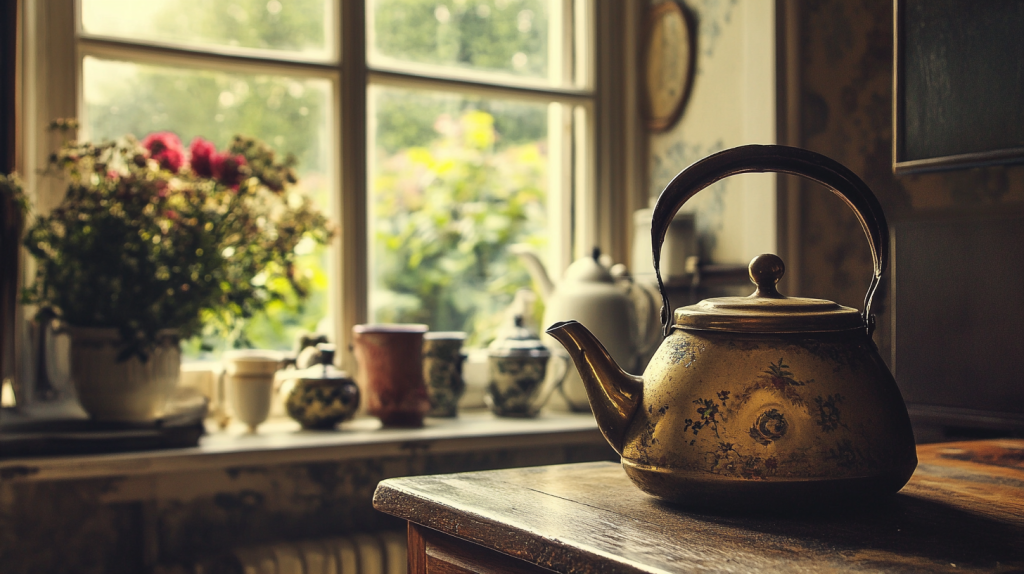
Tea is a big deal in the U.K., and so is the kettle. Whether it’s to make a cup of tea, coffee, or even instant noodles, the kettle is a kitchen essential in British homes. The sight of a kettle boiling several times a day might be unusual to visitors from countries where coffee machines or microwaves are more common. But in the U.K., there’s almost always a reason to put the kettle on, and it’s seen as a comforting ritual as much as a practical one.
Measuring Distance In Miles But Drinking Pints
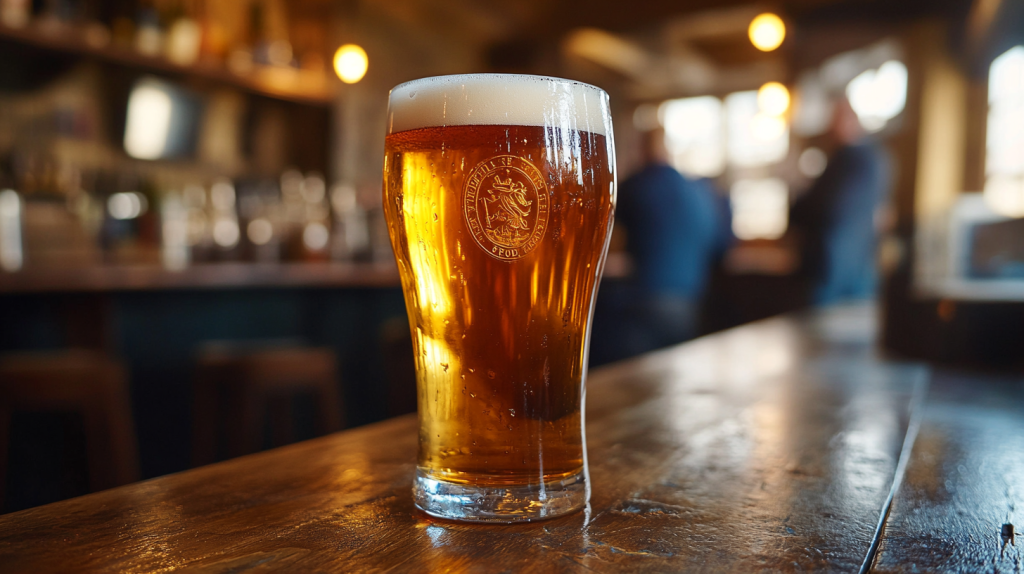
In the U.K., people measure distances in miles but order their beer in pints. This mix of imperial and metric systems can be confusing for visitors. While most of Europe has fully embraced the metric system, the U.K. still holds onto certain imperial measurements. So, you might hear Brits talking about driving “ten miles” to the nearest pub, where they’ll order a “pint” of beer—it’s a blend of systems that’s just part of life in Britain.
Using “Chips” For Fries And “Crisps” For Chips
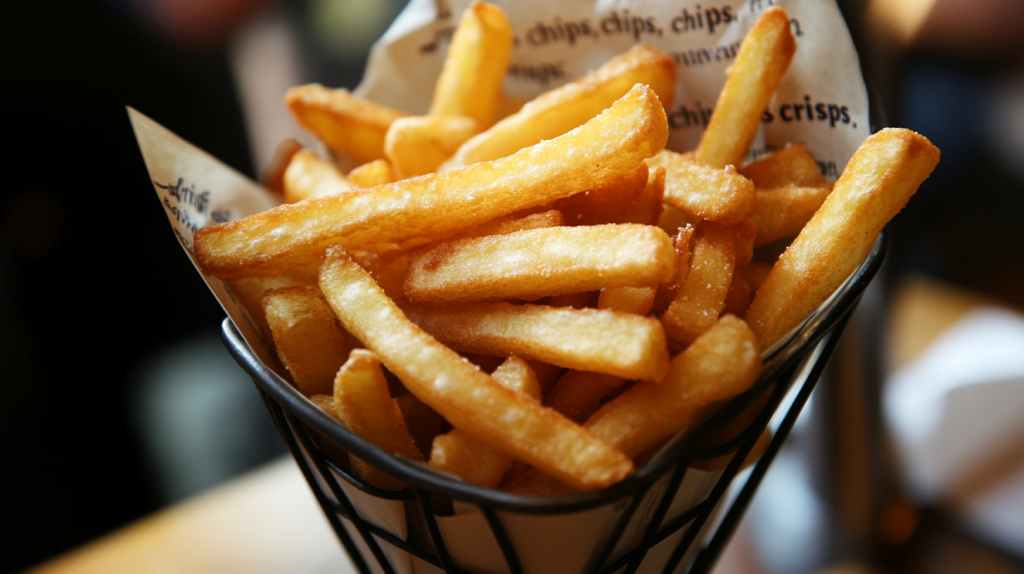
In the U.K., what Americans call “fries” are known as “chips,” and what Americans call “chips” are referred to as “crisps.” This switcheroo can be a source of confusion for visitors trying to order food. If you ask for chips with your meal, don’t be surprised if you get thick-cut potato fries instead of a bag of crisps. It’s a small difference in language, but one that can cause a bit of a mix-up if you’re not prepared.
Boasting About The Weather
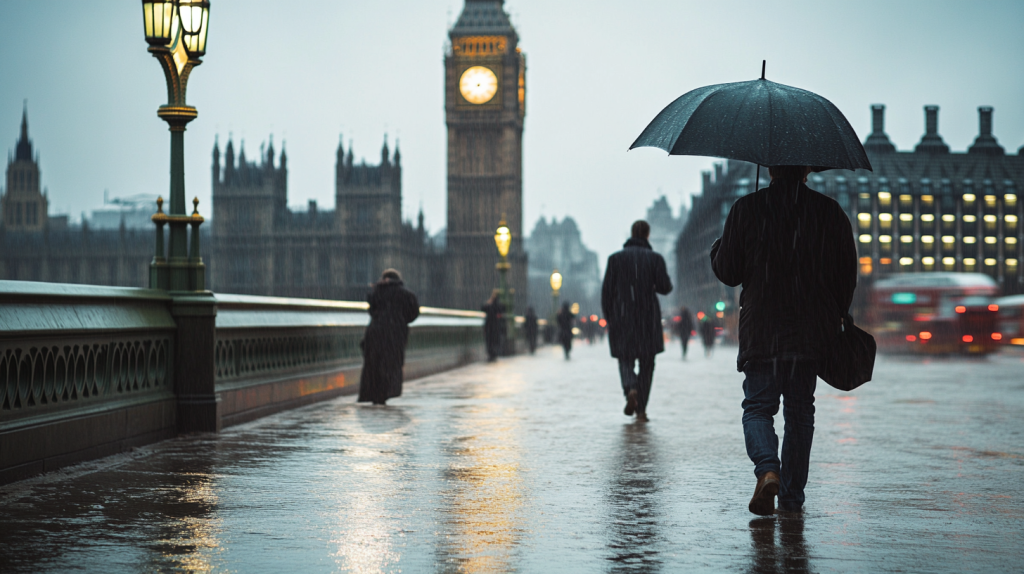
Talking about the weather is practically a national pastime in the U.K. Brits discuss it at length, often as an icebreaker or when there’s little else to say. What’s more unusual is how much pride they take in their often dreary and unpredictable weather. While people from sunnier climates might find the constant chat about rain and grey skies a bit gloomy, in the U.K., it’s just part of everyday conversation and can be a way to bond over shared experiences.
Eating Meat Pies As A Snack
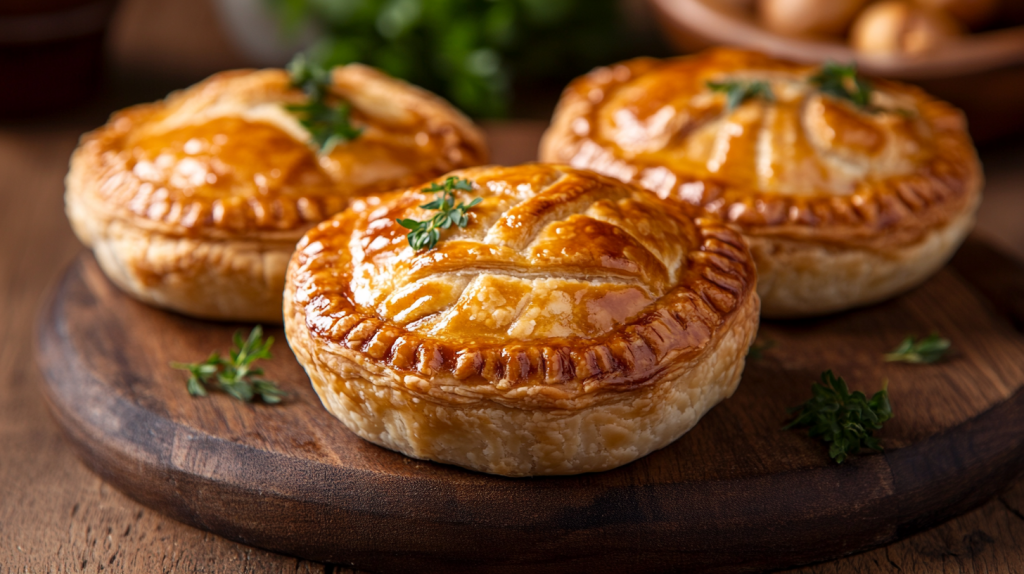
Meat pies are a popular snack in the U.K., available in many flavors like steak and kidney or chicken and mushroom. While pies might be seen as a meal in other countries, in the U.K., they’re often eaten as a quick snack or lunch on the go. These hearty pastries are sold in supermarkets, bakeries, and even at sporting events. Visitors might find it strange to see people enjoying a savory pie at a football match, but for Brits, it’s perfectly normal.
Celebrating Bonfire Night With Fireworks
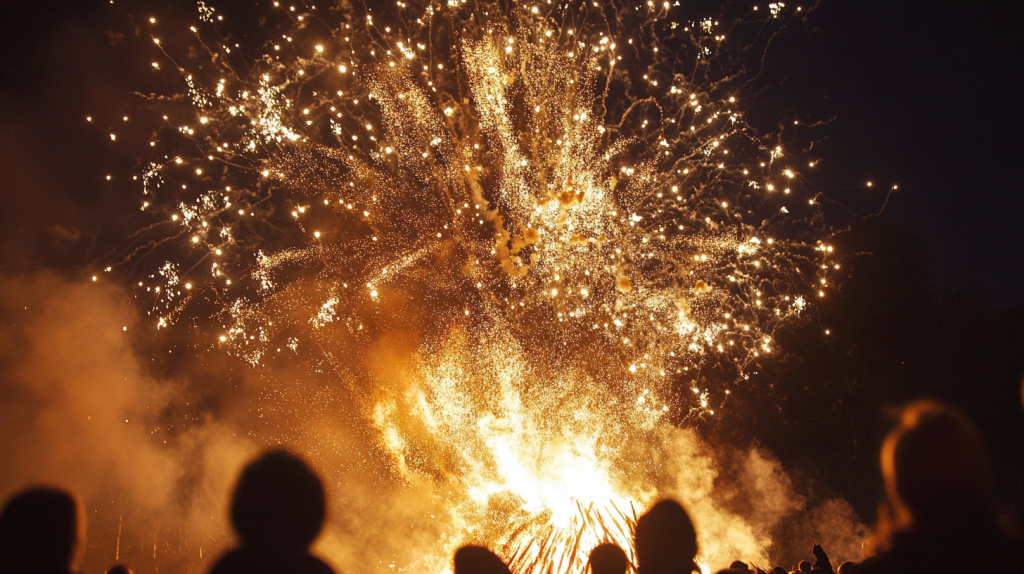
Every November 5th, the U.K. celebrates Bonfire Night, also known as Guy Fawkes Night, with bonfires and fireworks. The holiday commemorates the failed Gunpowder Plot of 1605, when Guy Fawkes and his group tried to blow up the Houses of Parliament. For many non-Brits, it might seem odd to have a celebration focused on a centuries-old failed assassination, but in the U.K., it’s a major annual event with a festive atmosphere, complete with food, drinks, and community gatherings.
18 Everyday Things Amish Women Aren’t Allowed to Do

The Amish culture is known for its simple way of life and adherence to traditional values. While this lifestyle may seem appealing to some, there are certain restrictions that Amish women face that most modern women do not. Take a look at these things that we take for granted that are off-limits to Amish women.
Read More: 18 Everyday Things Amish Women Aren’t Allowed to Do
Ellen has been obsessed with logic puzzles, jigsaws, and cryptograms since she was a kid. After learning she was taught how to play chess wrong by a family friend (so they could win), she joined her school chess club and the rest is history.


